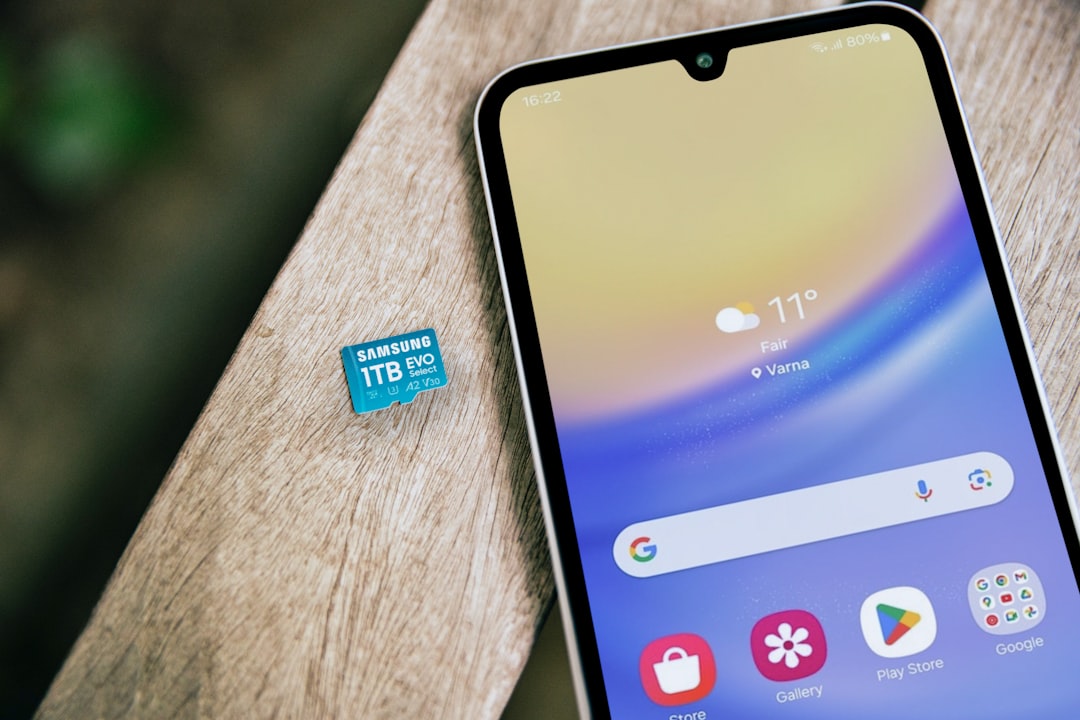New Hampshire's stringent Do Not Call laws protect residents from unwanted telemarketing by requiring businesses to register with the state and adhere to strict regulations. Individuals can opt-out through the Attorney General's dedicated registry, while businesses must implement consent verification systems or face penalties from Do Not Call Lawyers and Attorneys. These laws foster a balance between marketing efforts and consumer privacy, with specialized law firms offering recourse for violations. Businesses navigate these rules through personalized strategies and technology, ensuring compliance while maintaining effective communication with clients.
New Hampshire’s strict Do Not Call laws have a profound impact on local businesses, presenting both challenges and opportunities. This article explores how these regulations, enforced by Do Not Call lawyers and attorneys in the state, affect small enterprises, with a focus on customer relations. We’ll guide you through understanding the laws, complying with them, and even offer strategies for businesses to thrive within these restrictions, ensuring your rights as a consumer are protected by New Hampshire’s spam call law firms.
Understanding New Hampshire's Do Not Call Laws: An Overview
New Hampshire’s Do Not Call laws are designed to protect residents from unwanted telemarketing calls and sales pitches, giving them control over their privacy. These regulations are strictly enforced, with severe penalties for violators. The state has a dedicated Do Not Call Registry where individuals can register their phone numbers to opt-out of most promotional calls. This registry is managed by the New Hampshire Attorney General’s Office, ensuring compliance across the board.
Business owners and Do Not Call Lawyers in New Hampshire must be aware of these laws to avoid legal repercussions. The rules are clear: companies cannot call registered numbers unless they have an established business relationship or the resident has given explicit consent. Any spam calls received despite registration can lead to lawsuits, with victims able to seek compensation through a Do Not Call Lawyer in New Hampshire. This legislation is a crucial step in safeguarding residents from excessive marketing efforts and ensuring that local businesses operate ethically.
The Impact on Local Businesses: Challenges and Opportunities
New Hampshire’s Do Not Call laws present a unique landscape for local businesses, offering both challenges and opportunities. On one hand, these regulations, enforced by Do Not Call Lawyers and Attorneys in the state, significantly reduce the volume of unwanted or spam calls businesses receive. This can lead to decreased customer frustration and an improved reputation for companies that honor these laws. Moreover, it allows businesses to focus more on building genuine connections with their target audience through legitimate marketing efforts.
However, navigating these laws can be a hurdle for local enterprises. With stricter compliance requirements, businesses must invest in robust systems to verify consumer consent and ensure they’re only contacting individuals who have given explicit permission. This shift demands adaptation from Do Not Call Law Firms in New Hampshire, encouraging the adoption of more personalized and targeted marketing strategies to thrive in this regulated environment.
How to Comply with the State's Spam Call Regulations
To comply with New Hampshire’s strict Do Not Call laws, businesses must adhere to specific guidelines to avoid penalties and protect consumer rights. The first step is to register your business with the state’s appropriate authority, ensuring compliance with the Do Not Call Registry. This involves obtaining a license or permit, depending on your industry, and agreeing to the terms set by the state, including restrictions on telemarketing practices.
Businesses should implement robust internal policies to prevent accidental or unauthorized calls to registered numbers. Training employees about these regulations is essential, as well as utilizing technology provided by Do Not Call Lawyers New Hampshire or Spam Call Law Firms New Hampshire to filter and manage caller lists. Regularly updating and verifying contact information can help minimize the risk of violating these laws, ensuring local businesses maintain ethical practices and avoid legal repercussions from Do Not Call Attorneys New Hampshire.
Legal Protections for Customers: Rights and Recourse
In New Hampshire, strict do not call laws are in place to protect customers from unwanted phone marketing. These legal protections offer significant benefits to local businesses and consumers alike. For businesses, it ensures a level playing field by preventing competitors from bombarding customers with relentless sales calls. Customers, on the other hand, gain peace of mind knowing they can register their numbers and be left alone unless they specifically request contact.
If a business or individual violates these do not call laws, a Do Not Call Lawyer or Attorney in New Hampshire can offer recourse. Victims may file complaints with the state’s regulatory bodies or seek legal action against the offending party. This ensures that not only are businesses held accountable for their actions but also reinforces the integrity of consumer privacy rights under the state’s spam call regulations.
Strategies for Businesses: Enhancing Customer Relations Despite Restrictions
Despite the restrictions imposed by New Hampshire’s Do Not Call laws, local businesses have found innovative strategies to enhance customer relations and maintain a competitive edge. One effective approach is to prioritize personalized communication over mass marketing. Businesses can foster deeper connections with clients by implementing targeted outreach methods such as email newsletters, social media engagement, and loyalty programs that offer exclusive deals and updates.
Additionally, leveraging technology enables businesses to stay compliant while reaching potential customers. Many Do Not Call Lawyer or Do Not Call Attorney firms in New Hampshire utilize automated systems for appointment scheduling, reducing the need for telemarketing calls. By combining these strategies, local enterprises can effectively navigate the state’s spam call laws while building stronger relationships with their target audience.






